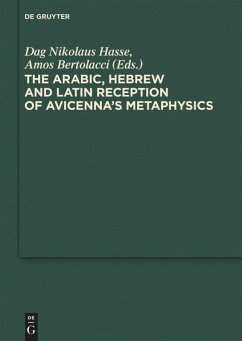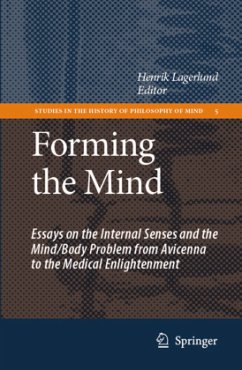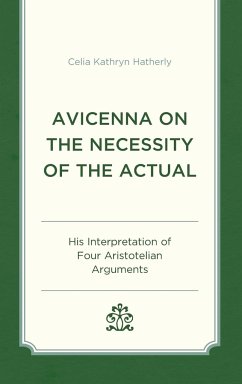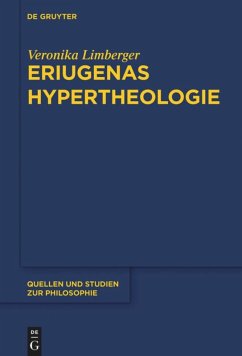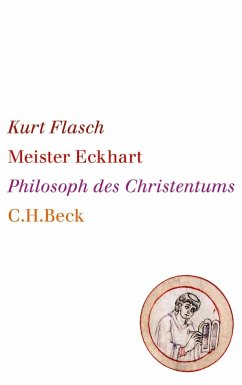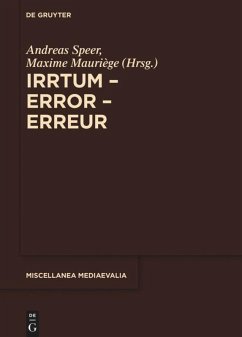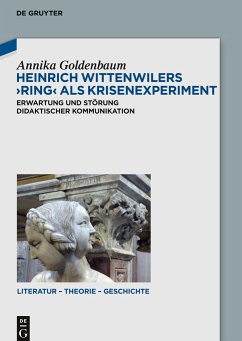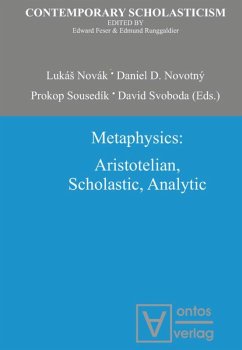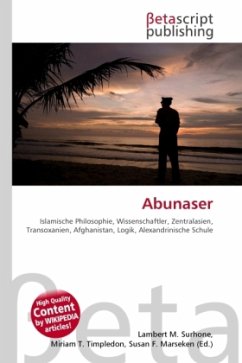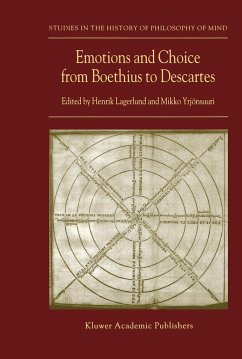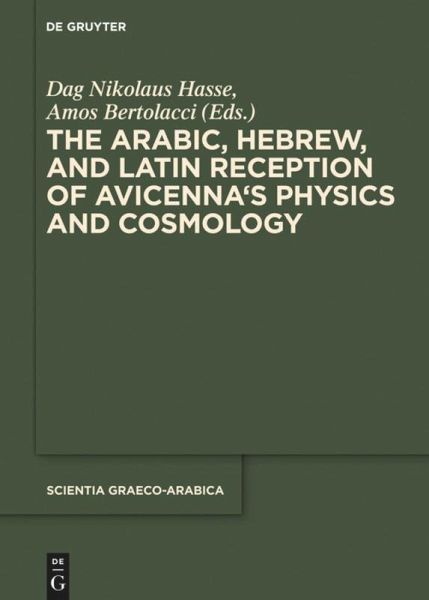
The Arabic, Hebrew and Latin Reception of Avicenna's Physics and Cosmology
Versandkostenfrei!
Versandfertig in 6-10 Tagen
164,95 €
inkl. MwSt.

PAYBACK Punkte
0 °P sammeln!
Avicenna (Ibn Sina) greatly influenced later medieval thinking about the earth and the cosmos, not only in his own civilization, but also in Hebrew and Latin cultures. The studies presented in this volume discuss the reception of prominent theories by Avicenna from the early 11th century onwards by thinkers like Averroes, Fahraddin ar-Razi, Samuel ibn Tibbon or Albertus Magnus. Among the topics which receive particular attention are the definition and existence of motion and time. Other important topics are covered too, such as Avicenna's theories of vacuum, causality, elements, substantial ch...
Avicenna (Ibn Sina) greatly influenced later medieval thinking about the earth and the cosmos, not only in his own civilization, but also in Hebrew and Latin cultures. The studies presented in this volume discuss the reception of prominent theories by Avicenna from the early 11th century onwards by thinkers like Averroes, Fahraddin ar-Razi, Samuel ibn Tibbon or Albertus Magnus. Among the topics which receive particular attention are the definition and existence of motion and time. Other important topics are covered too, such as Avicenna's theories of vacuum, causality, elements, substantial change, minerals, floods and mountains. It emerges, among other things, that Avicenna inherited to the discussion an acute sense for the epistemological status of natural science and for the mental and concrete existence of its objects. The volume also addresses the philological and historical circumstances of the textual tradition and sheds light on the translators Dominicus Gundisalvi, Avendauth and Alfred of Sareshel in particular.
The articles of this volume are presented by scholars who convened in 2013 to discuss their research on the influence of Avicenna's physics and cosmology in the Villa Vigoni, Italy.
The articles of this volume are presented by scholars who convened in 2013 to discuss their research on the influence of Avicenna's physics and cosmology in the Villa Vigoni, Italy.



